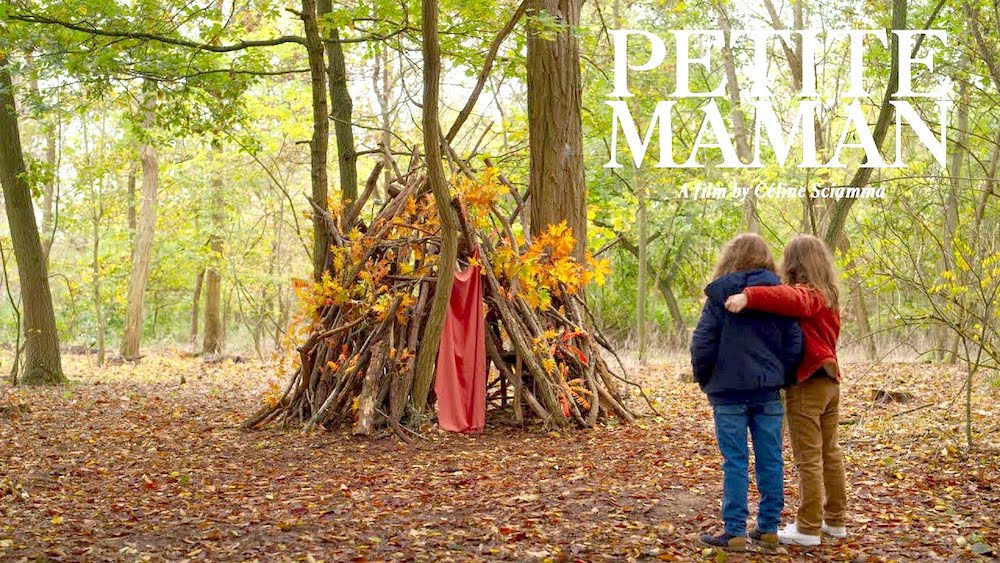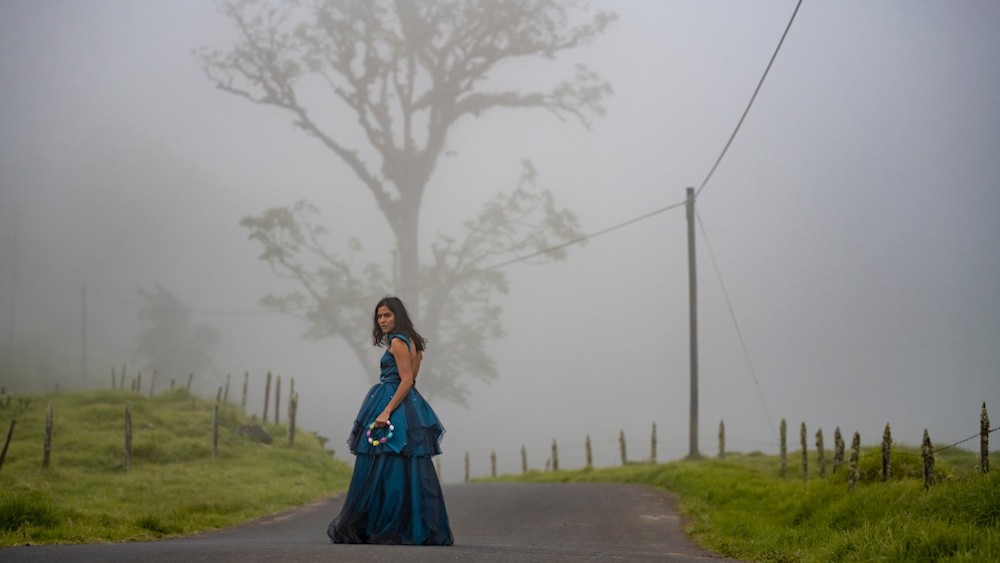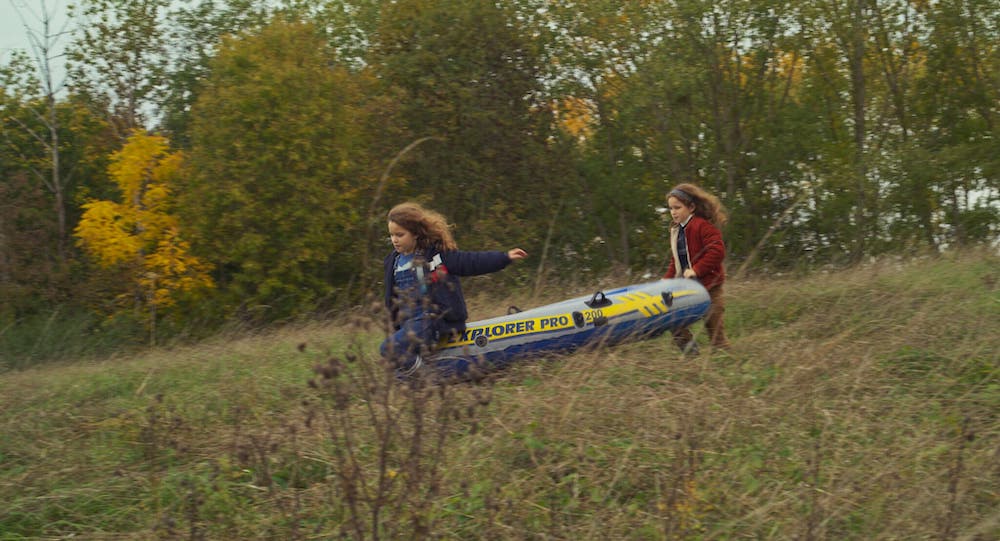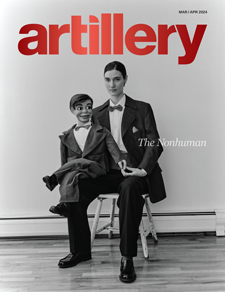A slew of movies has been pent up during the pandemic, either from delayed productions or distribution plans, or both. Now the floodgates are opening, and some of the films are very good. In this new column, I’m going to make recommendations for your movie-viewing pleasure and edification — I also encourage everyone to visit your local theater. First, there’s nothing like sitting in the dark and watching a movie unspool on the silvery screen, truly an immersive experience. Secondly, theaters will disappear without our support. My own local arthouse is the Playhouse 7 in Pasadena, and its parent company, Laemmle Theatres, sadly had to sell the building to stay solvent during the epidemic. The Playhouse 7 is leaving, but Landmark Theatres has just leased the facility, and will be upgrading and reopening the multiplex. Probably good news, I’m waiting to see their programming. (Landmark has, however, closed its Westside Pavilion location.)
Petite Maman
dir. Céline Sciamma
In this modern-day fairy tale set in a French forest, Marion, a young girl on vacation with her parents, finds another young girl building a hut made of stacked tree branches. That girl is also called Marion and looks remarkably like her, and their easy friendship begins with simple conversation and working on the hut together. One day our heroine is invited over to her friend’s house. This house is a duplicate of her own holiday house, with slight differences. (During this time, Marion’s mother has mysteriously gone away, hmmm…)
The two young actors should look alike — they are played by twins, Joséphine and Gabrielle Sanz. They assume their roles with remarkable and charming self-assurance, in this quiet but hypnotic story about having the chance to meet your mother when she was your age, and maybe, just maybe, learning to accept her as she is. This is a lovely, low-keyed work from Sciamma, who hit us over the head with her lush story of thwarted lesbian love in Portrait of a Lady on Fire.

Petite Maman, dir. Céline Sciamma
Official Competition
dir. Gastón Duprat, Mariano Cohn
Here’s a rare film about the creative, often chaotic, craft of filmmaking that both skewers the pretense and self-delusion of those involved, while suggesting method to their madness. And it is hilarious. An aging billionaire desperate to leave behind something meaningful (and to be admired by the public) greenlights a movie to be directed by uber-auteur Lola Cuevas, ferociously played by Penelope Cruz with giant frizzy red hair that is its own personality. The movie is an adaptation of a bestselling novel about two brothers who have had a life-long rivalry. The younger brother is played by Felix Rivero (Antonio Banderas), a successful movie star given to boasting about his awards and multiple houses to his older co-star Ivan Torres (Oliver Martinez), a “serious” actor who insists on flying economy because “I don’t want to accept privileges.”
Lola has set up their meetings and rehearsals in the stark rooms and spaces of a stark, post-modern building, abetted by mousy assistants with clipboards. Her exercises are meant to destabilize the actors’ expectations and also to bond them. In one she has them wrapped together, side by side, in wide sheets of plastic. In another, she has them seated under a giant boulder suspended midair by a crane. Each of three actors are at perfect pitch, and I can’t wait to watch this film again at the theater.

Official Competition, dir. Gastón Duprat, Mariano Cohn
Clara Sola
dir. Nathalie Álvarez Mesén
Life is spare and harsh in a remote Costa Rican village, and Clara (Wendy Chinchilla Araya) is a physically and mentally challenged woman, circa 40, who is fortunate enough to be looked after by her mother and her niece, who lives with them. Much of the film is a close observation of their daily life and Clara’s own connections with nature, including a dashing white horse who is her dearest friend. Clara has a function for the village, though, as a healer for their Catholic services – but it also makes her mother reluctant to have her operated on for a spinal deformity. Because she was born that way, you see. And herein the tragedy, this caretaker is also her jailer.
How Clara learns to heal herself is the journey we take with her. This film features stunningly visceral performance by Araya, who is a dancer by training, and a remarkable debut by first-time director, Mesén.

Clara Sola, dir. Nathalie Álvarez Mesén



















0 Comments